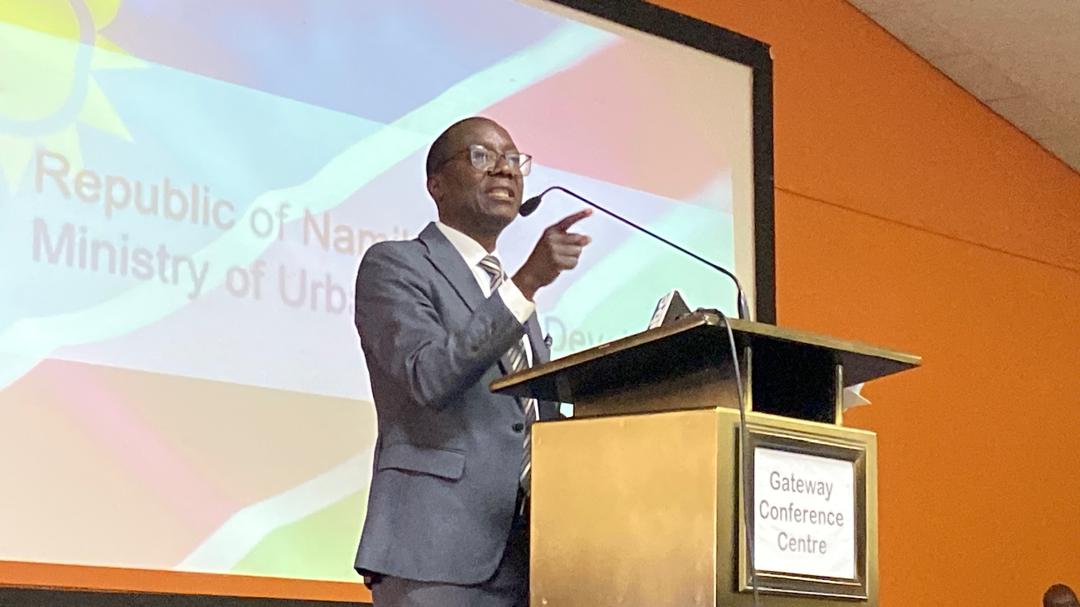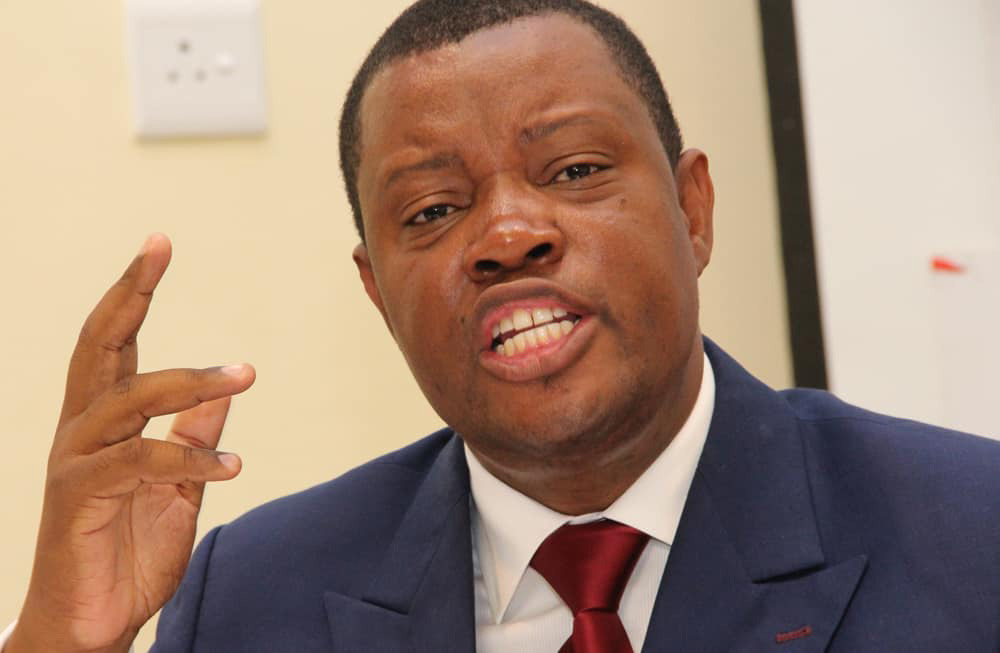VIENNA – The UN atomic watchdog met yesterday in an emergency session expected to send Iran to the UN Security Council over nuclear activities which Washington says hide weapons work.
World powers including Russia had agreed Wednesday on a draft resolution asking the International Atomic Energy Agency’s (IAEA) board of governors to report Iran to the Security Council, according to a text obtained by AFP. The draft is almost certain to win approval on the 35-nation board, ending a two-year US quest to win support for taking Iran to the Council, which unlike the IAEA has enforcement powers and can impose sanctions.The Vienna-based IAEA has been investigating Iran for three years and has said the Islamic Republic hid sensitive nuclear activities for 18 years before the inquest began.Moving the dossier to the Security Council in New York is a “momentous moment,” non-proliferation analyst Mark Fitzpatrick told AFP.”For the first time the Security Council will be able to consider enforcement measures and Iran for the first time will have to face the prospect of paying the cost for the path it is on,” said Fitzpatrick, who is from London’s International Institute for Strategic Studies think tank.But a diplomat close to the IAEA warned that referral could provoke Iran to push ahead with a programme it insists is peaceful and reduce cooperation with the atomic agency.If this happens, “we will not be better off,” the diplomat said, especially as the United States and Europe “have no strategy for when we get to New York,” where Iranian allies and trade partners Russia and China have vetoes on the Security Council.The five permanent UN Security Council members (P-5) plus Germany agreed in London on Tuesday to bring Iran before the Council but in a compromise with Russia put off UN action until at least the next IAEA meeting in March.Moscow wants time to find a compromise solution.US President George W.Bush said on Wednesday that he backs a Russian plan to have Iran enrich uranium in Russia in order to avoid Tehran mastering this crucial technology, which makes fuel for nuclear power reactors but also bomb material.Russia’s UN envoy Andrei Denisov warned in New York that slapping sanctions on oil-rich Iran would backfire on the world community as Tehran could retaliate by halting oil and gas exports.And Iran threatened to retaliate if it is hauled before the Security Council by kick-starting sensitive fuel cycle work and blocking international inspections.The United States, which backed off from calling for immediate Security Council action in order to win a consensus from the P-5, stressed that it was seeking a diplomatic solution.- Nampa-AFPThe draft is almost certain to win approval on the 35-nation board, ending a two-year US quest to win support for taking Iran to the Council, which unlike the IAEA has enforcement powers and can impose sanctions.The Vienna-based IAEA has been investigating Iran for three years and has said the Islamic Republic hid sensitive nuclear activities for 18 years before the inquest began.Moving the dossier to the Security Council in New York is a “momentous moment,” non-proliferation analyst Mark Fitzpatrick told AFP.”For the first time the Security Council will be able to consider enforcement measures and Iran for the first time will have to face the prospect of paying the cost for the path it is on,” said Fitzpatrick, who is from London’s International Institute for Strategic Studies think tank.But a diplomat close to the IAEA warned that referral could provoke Iran to push ahead with a programme it insists is peaceful and reduce cooperation with the atomic agency.If this happens, “we will not be better off,” the diplomat said, especially as the United States and Europe “have no strategy for when we get to New York,” where Iranian allies and trade partners Russia and China have vetoes on the Security Council.The five permanent UN Security Council members (P-5) plus Germany agreed in London on Tuesday to bring Iran before the Council but in a compromise with Russia put off UN action until at least the next IAEA meeting in March.Moscow wants time to find a compromise solution.US President George W.Bush said on Wednesday that he backs a Russian plan to have Iran enrich uranium in Russia in order to avoid Tehran mastering this crucial technology, which makes fuel for nuclear power reactors but also bomb material.Russia’s UN envoy Andrei Denisov warned in New York that slapping sanctions on oil-rich Iran would backfire on the world community as Tehran could retaliate by halting oil and gas exports.And Iran threatened to retaliate if it is hauled before the Security Council by kick-starting sensitive fuel cycle work and blocking international inspections.The United States, which backed off from calling for immediate Security Council action in order to win a consensus from the P-5, stressed that it was seeking a diplomatic solution.- Nampa-AFP
Stay informed with The Namibian – your source for credible journalism. Get in-depth reporting and opinions for
only N$85 a month. Invest in journalism, invest in democracy –
Subscribe Now!









